For Carlos Max, CAPS felt like home
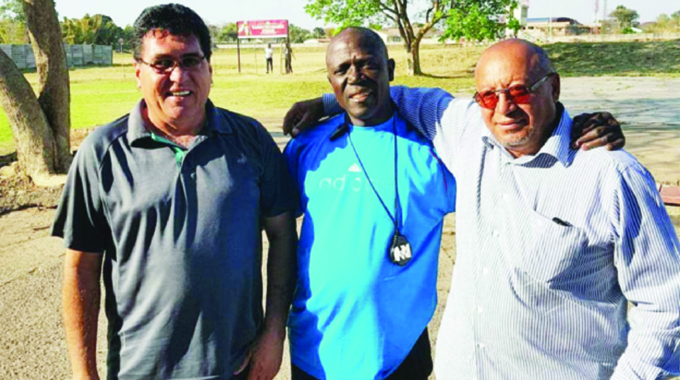
Tadious Manyepo and Collin Matiza
FORMER Zimbabwe international footballer, Carlos Max, won his first league title at Dynamos but says he felt more at home at CAPS United.
Having starred at Arcadia United, Max decided to take his game to a bigger club and played for the capital’s Big Two sides.
At the Green Machine, he won a number of knock-out tournaments while his first league title came at the Glamour Boys.
“I enjoyed my stay at both CAPS United and Dynamos but, most certainly, my stay at CAPS United was very easy,’’ the 58-year-old said.
“It was like my home.
“It wasn’t difficult to adjust to life as a CAPS United player, we socialised as a squad, and I got along with all members of the squad and we socialised even outside the field of play.
“I won almost everything at CAPS United. We won the Natbrew Cup, the Castle Cup, Heroes and Independence trophies as well as the ZIFA Cup.
“We won those competitions several times.
“At Dynamos, I won my first league title in 1995 and I am grateful to both Dynamos and CAPS United and, of course, the team that moulded me, Arcadia United.”
Max is now trying to revive Arcadia United, along with some of the club’s ex-players, including Charlie Jones and Shaun Charters.
Arcadia United play in Division Two and were three points shy of promotion to Division One last season.
“I am the general manager of the Arcadia United Vision 2020,’’ he said. “Together with the likes of Charlie Jones, we set our sights on leading the team to earn promotion into the First Division.
“The team failed to win promotion into Division One by three points last year and we were sure they were going to be promoted this year, but Covid-19 seems to have thrown some spanners into that.
“But, we are still working on it and the team should reclaim its yesteryear glory in the coming few years.”
Max has attributed race imbalances, at senior level in the game, to flawed structures in this country.
Before, and during his playing days, there were several members of the coloured and white communities who illuminated the local football scene.
These include goalkeeper Bruce Grobbelaar, the late Bethal Salis, Charlie Jones, Henry “Bully” McKop, his brother Pernell, Hamid Dhana (late), Reg Payne (late), Nat Bismarck, Byron Manuel, Majid Dhana (late), Hedley Layton, Graham Boyle, George “TNT” Rollo, Alwyn Hagen (late), Peter “Chops” Fanuel, Karim Abdul Karim, Joey Antipas and Alan Johnson.
Two white players, Richard Simpson and Johnny van Heiden, were also regular members of the national Under-20 team in the early ‘80s.
Later on, there were the likes of Wesley Gilbert, Matthew Rusike and Quincy Antipas.
A few years ago, Harare City had former St Johns College teenage midfielder, Calum English-Brown, who is now based in Germany.
“Look, everything starts at junior level. That is where we are missing it,’’ said Max.
“At school level, pupils of all races play football but the problem comes when they realise there are other sport codes, which are played all-year round.
“Football is played for only three months.
“The moment these kids realise they have an opportunity to play cricket, or rugby for the rest of the year, they will simply walk out of football and pursue those sports.
“The other option they may have is to join academies but most of the academies we have in the country are too expensive.
“I am saying schools should offer these kids an opportunity to play football for more than just three months per year.”
Max said the same explains why women’s football in this country is still largely amateurish.
“For women’s football development, well, we are still very far from seeing the light,’’ he said.
“There are virtually no development structures for female footballers, save for schools, which rarely teach any technical or tactical aspects of the game.
“They (girls) should be developed at junior level and grasp all the concepts of the game as they grow.
“It’s very shocking to see a national team player failing to execute the very basics of the game, like trapping the ball.
“The best way to develop the girls is by letting them play alongside their boys’ counterparts.
“Look at the system in South Africa, girls and boys are not separated, they play together at junior level and they will only get separated when they reach a certain age.
“There is a need for a collective approach to how we develop these kids.”



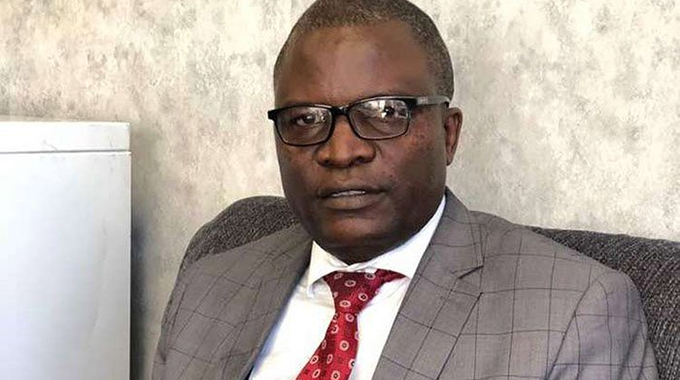
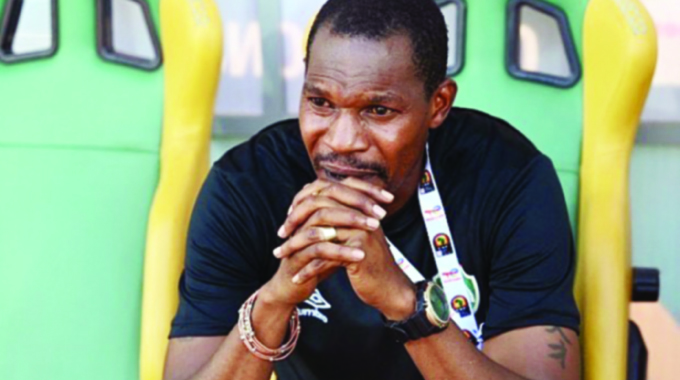
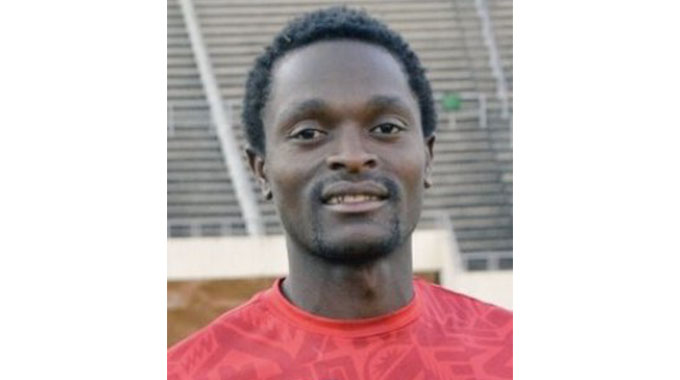
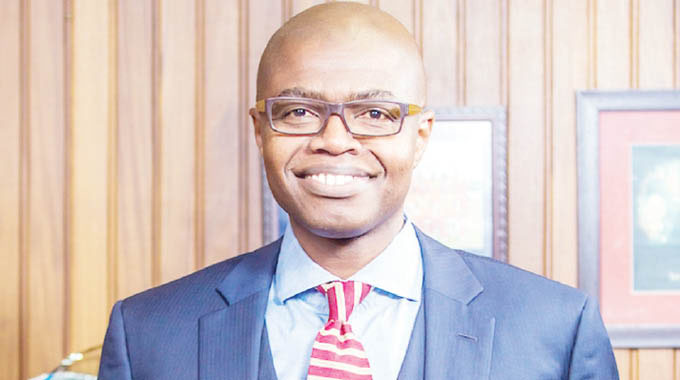

Comments